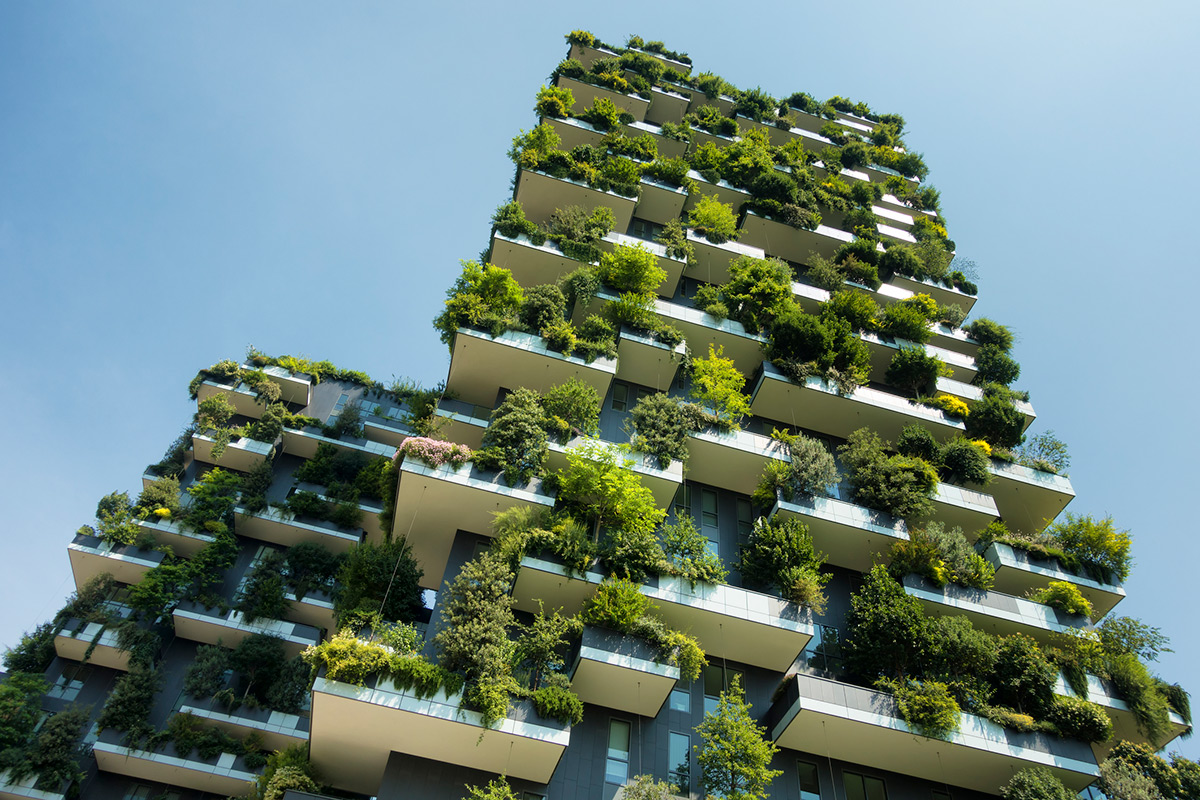Eco-conscious Building Practices: Creating Sustainable Structures
As awareness about environmental issues increases, more emphasis is being placed on eco-conscious building practices. These practices aim to minimize the negative impact of construction on the environment and promote sustainability. By implementing these practices, we can create structures that are not only aesthetically pleasing but also environmentally friendly.
Using Sustainable Materials
One of the key aspects of eco-conscious building practices is the use of sustainable materials. This involves using materials that have a minimal impact on the environment, such as recycled or reclaimed materials. By incorporating these materials into construction projects, we can reduce the extraction of natural resources and minimize waste.
Additionally, sustainable materials are often more energy-efficient and have a longer lifespan, resulting in lower maintenance costs and reduced environmental footprint over time.
Energy Efficiency
Another important factor in eco-conscious building practices is energy efficiency. Buildings consume a significant amount of energy, so implementing energy-efficient measures can have a substantial impact on reducing carbon emissions.
Designing buildings with proper insulation, energy-efficient windows, and efficient heating, ventilation, and air conditioning (HVAC) systems can significantly reduce energy consumption. Additionally, utilizing renewable energy sources such as solar panels or geothermal systems can further enhance the sustainability of the structure.
Water Conservation
Water conservation is also a crucial aspect of eco-conscious building practices. By implementing water-efficient fixtures and systems, such as low-flow toilets and rainwater harvesting systems, buildings can significantly reduce water consumption.
Furthermore, designing landscapes with native plants that require less water and implementing efficient irrigation systems can further contribute to water conservation efforts.
Waste Management
Proper waste management is essential in eco-conscious building practices. Construction projects generate a significant amount of waste, so implementing strategies to reduce, reuse, and recycle materials is crucial.
By incorporating on-site recycling facilities and encouraging the use of recycled materials, we can minimize the amount of waste sent to landfills and reduce the overall environmental impact.
In conclusion, eco-conscious building practices play a vital role in creating sustainable structures. By utilizing sustainable materials, focusing on energy efficiency, conserving water, and implementing proper waste management strategies, we can construct buildings that are not only environmentally friendly but also contribute to a greener future.
